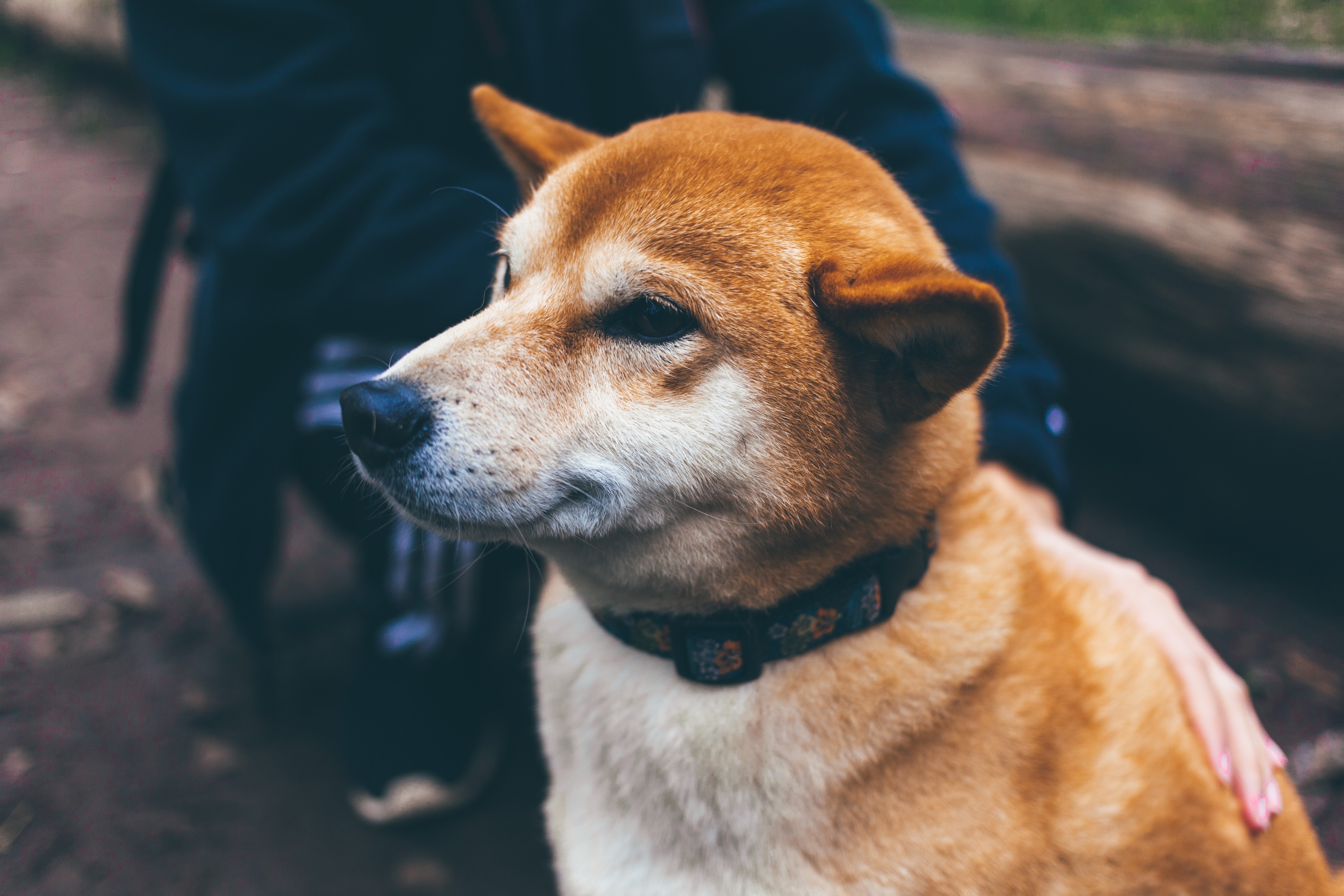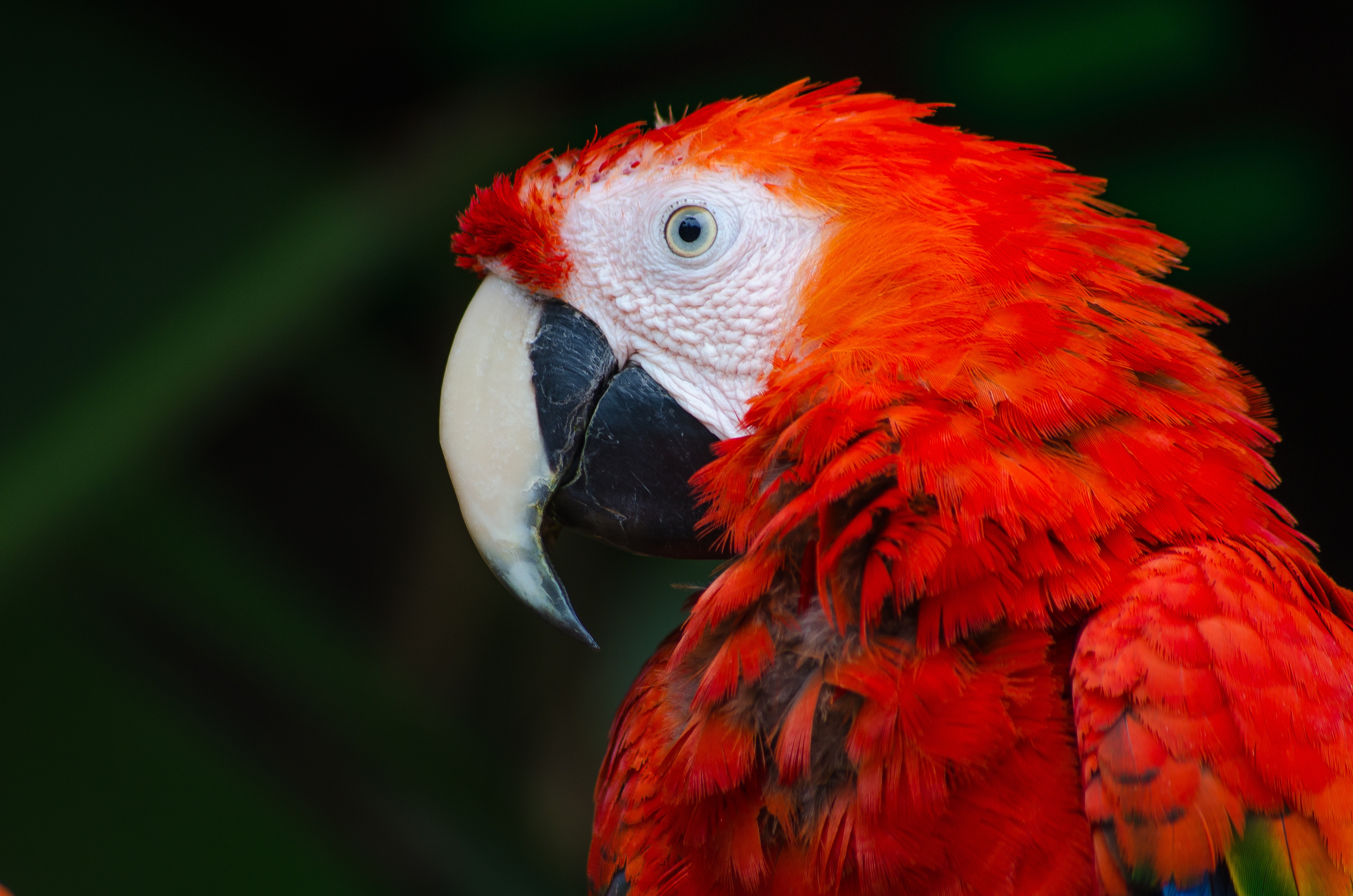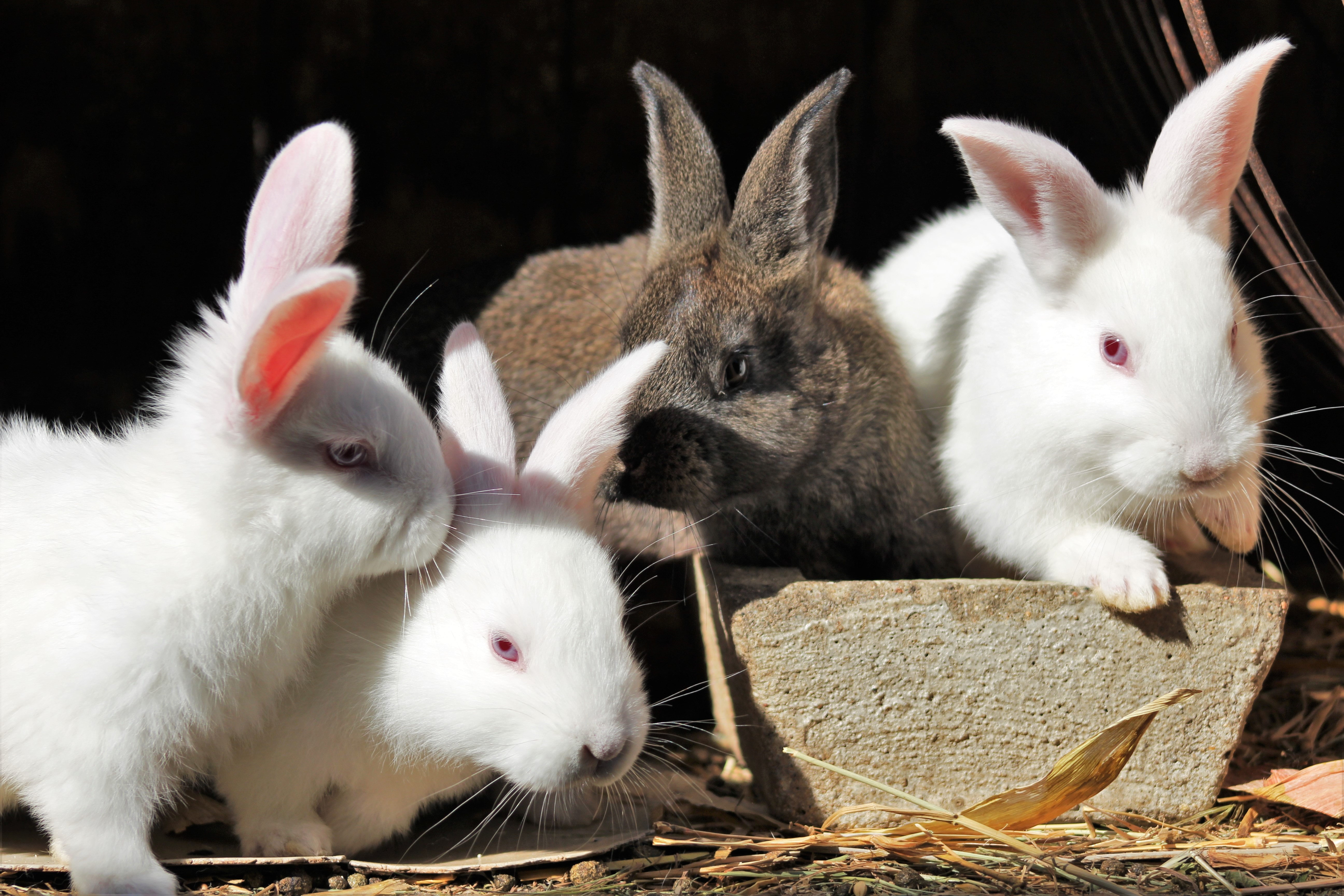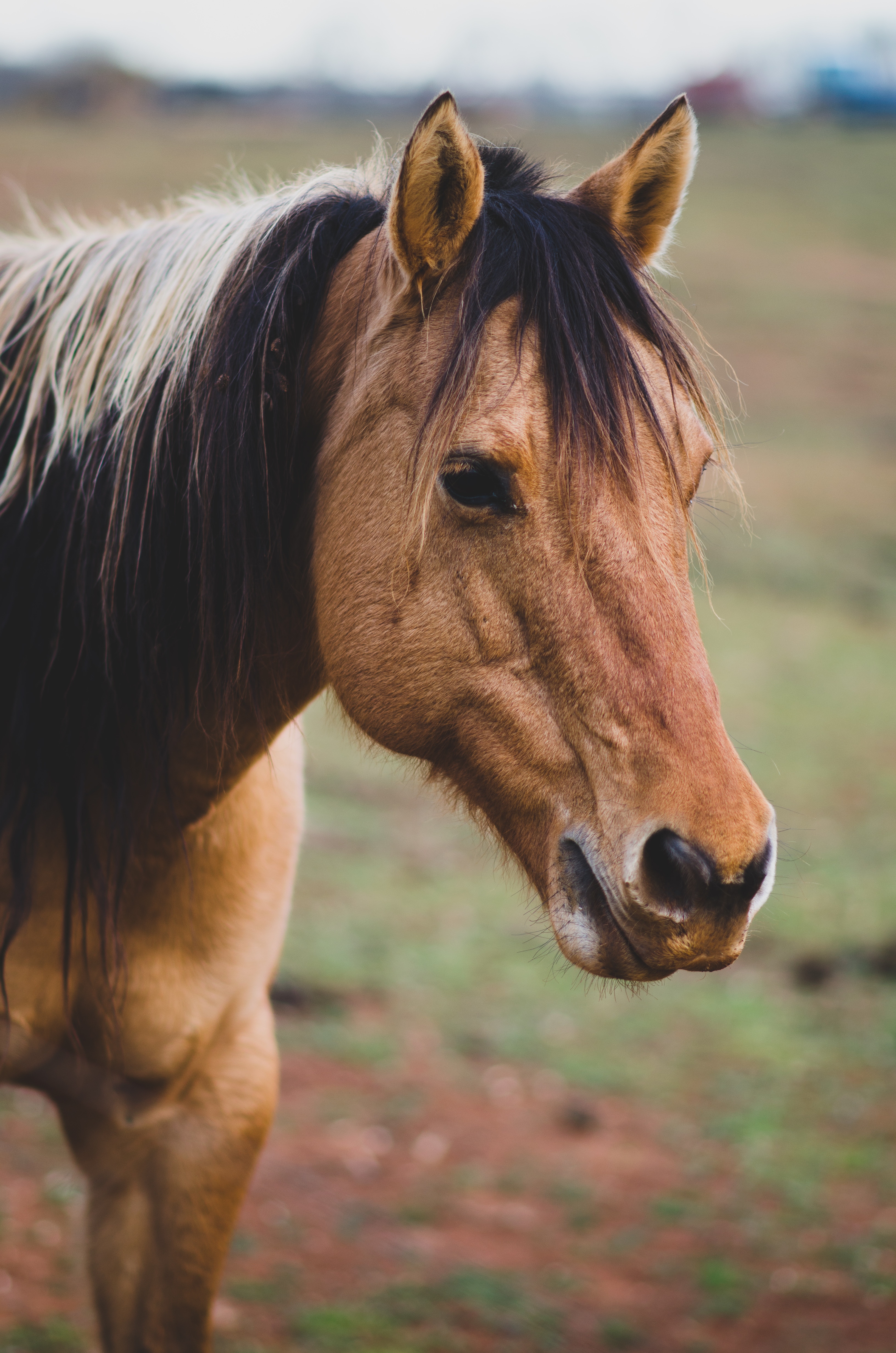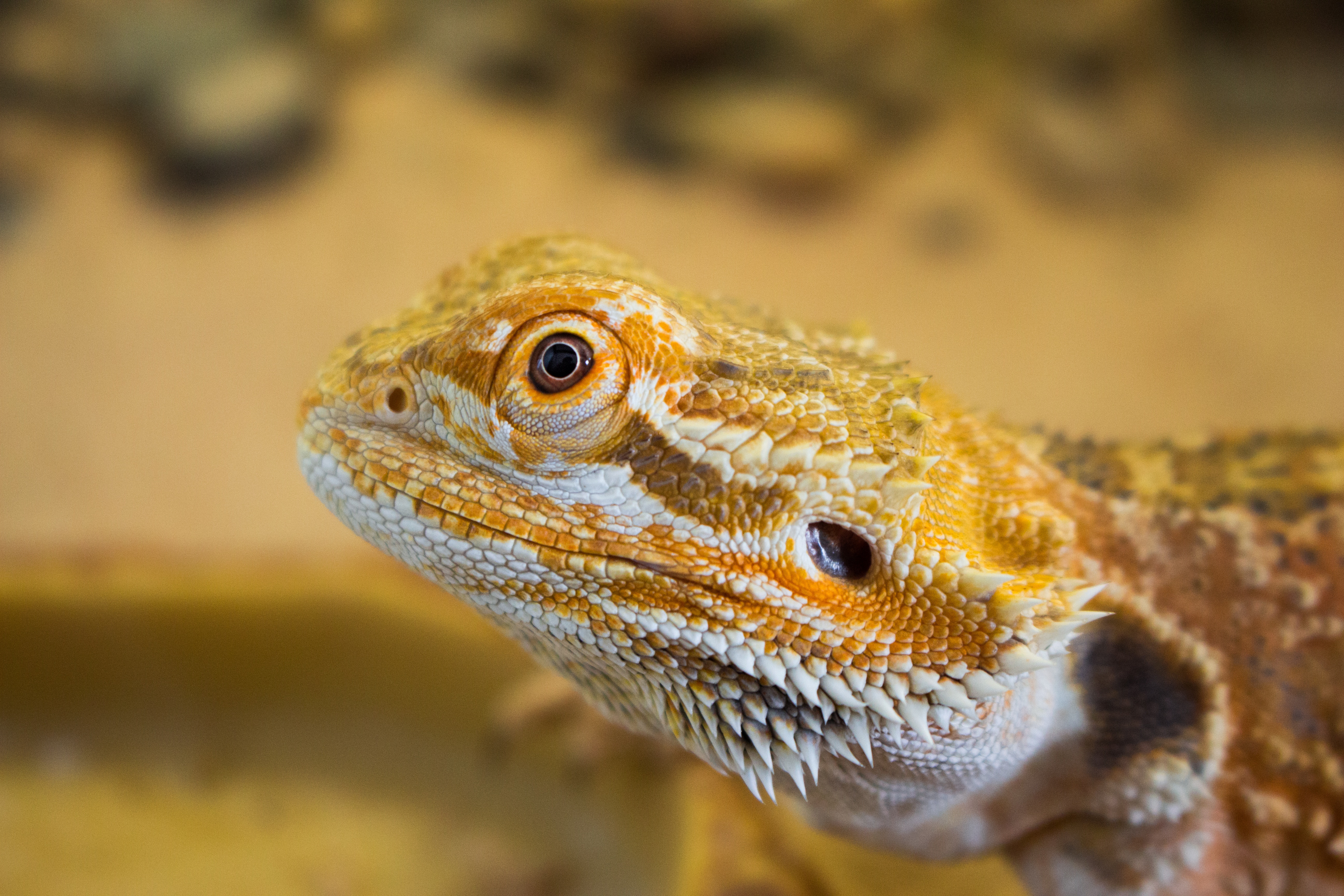Environment
A suitable living environment with adequate space and green areas
Diet
A suitable diet
Behaviour
To have opportunities to sniff, chew, dig and play
Companionship
To have appropriate companionship
Health
To be protected from pain, suffering, injury and disease
1
Environment
A suitable living environment with adequate space and green areas
2
Diet
A suitable diet
3
Behaviour
To have opportunities to sniff, chew, dig and play
4
Companionship
To have appropriate companionship
5
Health
To be protected from pain, suffering, injury and disease
Check before you buy
Research before you buy or adopt a dog, and make sure that a dog is the right choice of pet for you
Different types of dogs and individual dogs may have different requirements, personalities and temperaments. Be sure that the dog you are interested in is suitable for your lifestyle and environment. More information about dog breeds is available on the Kennel Club website
Please consider contacting your local animal rescue/rehoming centre
By rehoming from a rescue centre you are giving an animal a second chance of a happy life. Adoption costs can include such things as a full veterinary and behavioural assessment, microchipping and initial vaccinations. Visit https://adch.org.uk/find-a-rescue/ to find your local rescue centre.
When adopting a puppy or dog, still follow all the 'check before you buy' advice.
Do not use social media to adopt or buy a puppy or dog
There is little to no active moderation of pet adverts on these platforms which puts you at risk of falling victim to unscrupulous puppy dealers or scammers. When searching for a pet online, prospective pet owners are strongly advised to visit the website of a reputable rehoming organisation, such as an ADCH member, or a website that complies with PAAG Advertising Standards. The Advertising Standards have been developed to help reduce the risk of prospective purchasers being scammed or missold a pet.
Utilise The Kennel Club Find a Puppy service
The Kennel Club Find a Puppy service provides contact details for all breeders who currently have Kennel Club Registered pedigree puppies available for sale.
Download the Puppy Contract
The AWF/RSPCA Puppy Contract is free to download. It helps you ask the right questions and get the information you need to give you the best chance of buying a happy, healthy puppy.
Research the person (breeder) you are buying from
For more information on what to check before you contact the breeder, when you contact them and then when you visit them, visit https://getyourpetsafely.campaign.gov.uk/
When buying a puppy, you must insist on seeing the puppy interacting with its mother and littermates in the location where they were bred and reared
It is now law that anyone wanting to get a new puppy in England, Scotland or Wales must buy direct from a breeder, or consider adopting from a rescue centre instead. When visiting a breeder, check for signs that this is where the puppy was raised such as a whelping pen, food bowls, bedding and toys and check that the litter appears alert and healthy. You should be able to handle the puppies freely under supervision. Make sure you visit more than once. When you do take your puppy home it should be at least 8 weeks old. See this infographic for more information on what to look for when choosing a puppy.
Always ask for a copy of the puppy’s medical records, including vaccination certificate and records of worming and flea treatment
Certain health conditions are more common in certain breeds, so its parents should have relevant health screening certificates, showing the likelihood of the pups being affected. If you are getting a crossbreed, where the parents are two different breeds, it is equally important to ask for the health test certificates relevant to the breed, for both mum and dad. You can find information on the health concerns to look out for on the Kennel Club’s Breed Information Centre and the Dog Breed Health's guide to genetic health issues. It is also important to look at the health implications of a breed's colourings, for more information visit the Kennel Club website.
Check for licence details
Currently in England, Scotland, Wales and Northern Ireland anyone breeding three or more litters of puppies a year must be licensed by the Local Authority. If you have any concerns about a breeder you can and should report them to the Local Authority they are based in.
Check for microchip details
Not only is having your dog microchipped now a legal requirement, it is one of the best ways to increase a lost dog’s chance of getting back home should they go missing. When buying a dog, make sure that it has already been chipped and the microchip has been registered on one of the microchip databases by the breeder. As soon as you collect your dog make sure to change the contact details on the microchip database to your own. It is important to keep your details on the microchip up to date any time your contact information changes, such as your home address and telephone number.
Consider insuring your puppy or dog in case of the need for expensive and potentially life-saving medical treatment
There are many different sorts of insurance available, so do your research to get the most appropriate one for your pet.
Common Scams
Puppies being sold with a ‘fake’ mum to make it look like they are in a family home
Sellers promising to post on medical or pedigree paperwork
Puppies being sold that have been imported from abroad often too young and without the appropriate vaccinations
Sellers offering to meet you ‘halfway’ seems generous but they probably just want to stop you knowing where they live or where the puppies have been bred
People asking for money for pet couriers or deposits upfront without you even seeing a puppy, which might not even exist
Sellers telling you that you can't see the mum because she's at the vet, or out on a walk
Sellers on social media masquerading as a rescue organisation or even posing as a well known charity
Sellers saying "It's normal for the breed" about any health issues such as snoring or back problems - all puppies should be born with the best chance of living happy, healthy lives whatever breed they are
Sellers offering a 'rare' breed colour

